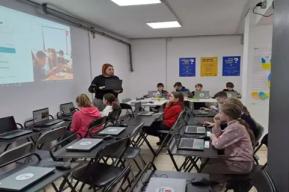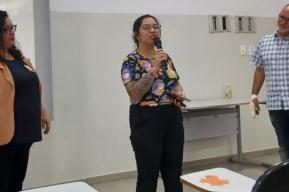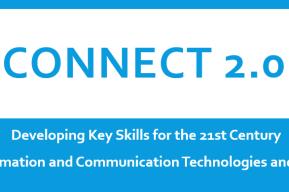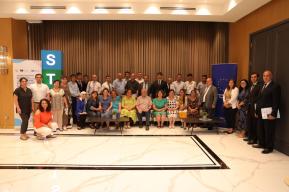News
Key milestones reached for new education goals
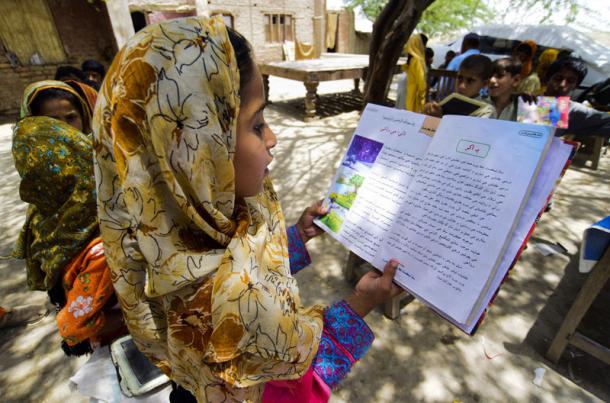
The international community has moved a step closer towards defining the education agenda beyond 2015, to be part of the global post-2015 development agenda.
The draft Muscat Agreement, which was adopted by over 250 delegates at the Global Meeting on Education for All (2014 GEM) held in Muscat, Oman on 12-14 May, was finalized in a recent meeting of the Education for All Steering Committee. The Agreement outlines an overarching goal and a set of seven global targets for education post-2015.
The Muscat Agreement is based on the notion that education must claim an explicit, stand-alone goal in the new development framework after 2015, as well being a cross-cutting theme across the broader development agenda.
Moreover, civil society added their weight to the new education agenda by voicing their support for the proposed education goal and draft targets, at the meeting of UNESCO’s Collective Consultation of NGOs on Education for All held in Santiago de Chile on 21-23 May. The group, representing some 300 organizations from all over the world, also pledged to continue mobilizing support and increasing advocacy for education both within and outside of the education community.
What are the new goal and targets?
The proposed overarching education goal is to “ensure equitable and inclusive quality education and lifelong learning for all by 2030”.
This goal is being translated into seven global education targets:
- Early childhood care and education
Target 1: By 2030, at least x% of girls and boys are ready for primary school through participation in quality early childhood care and education, including at least one year of free and compulsory pre-primary education, with particular attention to gender equality and the most marginalized. - Basic education
Target 2: By 2030, all girls and boys complete free and compulsory quality basic education of at least 9 years and achieve relevant learning outcomes, with particular attention to gender equality and the most marginalized. - Youth and adult literacy
Target 3: By 2030, all youth and at least x% of adults reach a proficiency level in literacy and numeracy sufficient to fully participate in society, with particular attention to girls and women and the most marginalized. - Skills for work
Target 4: By 2030, at least x% of youth and y% of adults have the knowledge and skills for decent work and life through technical and vocational, upper secondary and tertiary education and training, with particular attention to gender equality and the most marginalized. - Skills for citizenship and sustainable development
Target 5: By 2030, all learners acquire knowledge, skills, values and attitudes to establish sustainable and peaceful societies, including through global citizenship education and education for sustainable development. - Teachers
Target 6: By 2030, all governments ensure that all learners are taught by qualified, professionally-trained, motivated and well-supported teachers. - Financing of education
Target 7: By 2030, all countries allocate at least 4-6% of their Gross Domestic Product (GDP) or at least 15-20% of their public expenditure to education, prioritizing groups most in need; and strengthen financial cooperation for education, prioritizing countries most in need.
The proposed targets will be the basis of a Framework for Action, to be developed by UNESCO, in consultation with all EFA partners. The Framework will guide the implementation of a future education agenda and identify both indicators for the global targets and country-specific targets and indicators, reflecting diverse social, political, economic and cultural contexts.



